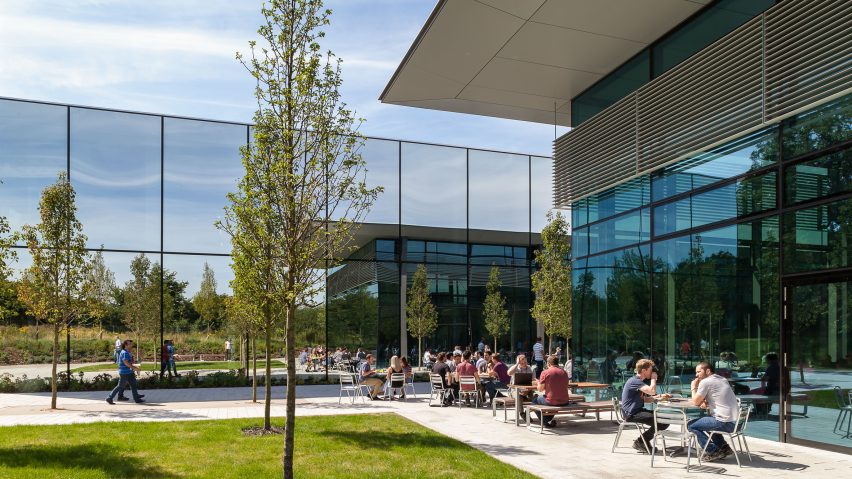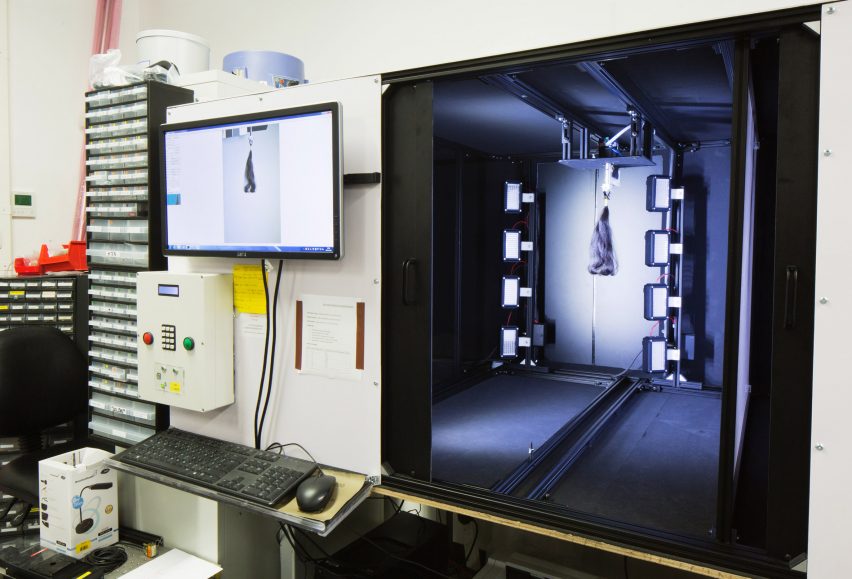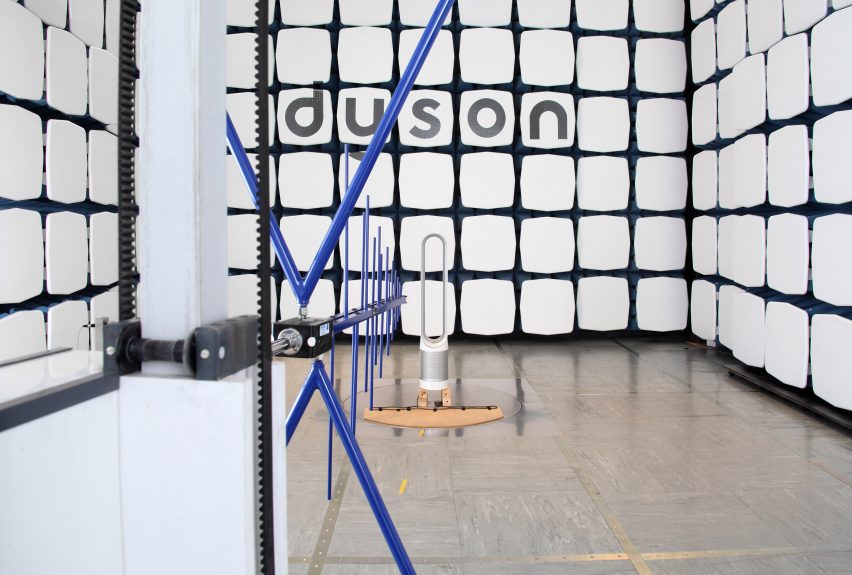
James Dyson opening own university to bridge UK engineering skills gap
After being the only prominent designer to argue in favour of Brexit, James Dyson is giving UK design education a boost with the creation of a new engineering university.
The founder of industrial design company Dyson – the 49th highest ranking brand in the inaugural Dezeen Hot List – plans to open the Dyson Institute of Technology in 2017.

The school will be located on the recently expanded Dyson Campus in Malmesbury, southwest England. It will feed Dyson's engineering workforce, which he hopes to double from 3,000 to 6,000 by 2020.
Students of the Dyson Institute of Technology will not pay fees and will instead receive a salary of up to £16,000 annually. They will work alongside Dyson engineers for four days per week and spend one day in the classroom.
Dyson will partner with WMG University of Warwick to present the degrees. He plans to invest £15 million into the university over five years.
The school is a practical initiative of Dyson's to improve design education in the UK and bridge the skills gap.

"The UK's skills shortage is holding Dyson back as we look to increase the amount of technology we develop and export from the UK," he said. "We are taking matters into our own hands."
"The new degree course offers academic theory, a real-world job and salary, and access to experts in their field."
Dyson told the the New Statesman he was motivated to open the school during a meeting with the government's universities and innovation minister Jo Johnson.
"He said, 'Well, why don't you do your own university?'" Dyson said. "I thought that was a very good idea, so that's exactly what we're doing."

Dyson has previously argued against government plans to send overseas students home after they complete their degrees, saying the UK's education system should be importing the world's greatest minds and keeping them here.
He was a minority Leave voice in the run-up to the UK's Brexit referendum in June. Afterwards he said he was "delighted" at the result and believed the country should not delay beginning the process of exiting the European Union.
The state of design education in the UK is a common concern among the sector in the aftermath of Brexit, and it forms one of the pillars of Dezeen's Brexit Manifesto – signed by hundreds of leading industry figures.
The manifesto calls for investment in UK's higher education, retention of student exchange programmes and the championing of design in schools.

The Dyson Institute of Technology will offer a four-year degree programme that covers the fundamentals of engineering in the first two years, and branches into specialised electronics and mechanical engineering content in years three and four.
While the degrees will initially be awarded through WMG University of Warwick, Dyson plans to apply for degree-awarding powers for the institute under plans laid out in the government's recent higher education white paper.
The Dyson Institute of Technology is now open for applications and will welcome its first 25 students in autumn 2017.